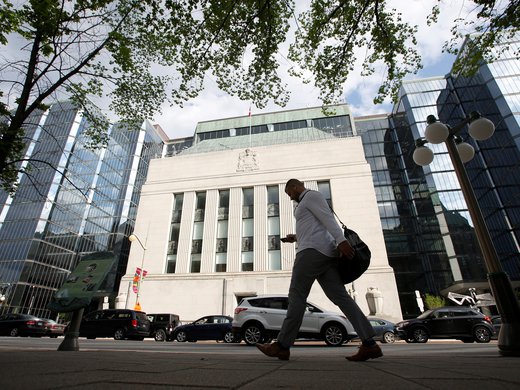In an environment where trade and finance are globalized, it is imperative that stabilization policies do not harm the global economy. When the global financial crisis (GFC) erupted in 2008-2009, China was driving global economic growth and emerging markets helped soften the economic downturn. Now, these economies are slowing down, in part, as a consequence of the largest advanced economies seeking to exit unconventional monetary policies. In this environment, disagreement over the way forward risks stunting hope for global recovery. The spirit of solidarity that marked the early phases of the response to global economy shocks is also being undone, most notably within the G20. This brief highlights the stakes involved and outlines the choices that policy makers must make to succeed. Perhaps more importantly, the brief shows that it may be more costly for authorities to talk at each other than to act cooperatively.


